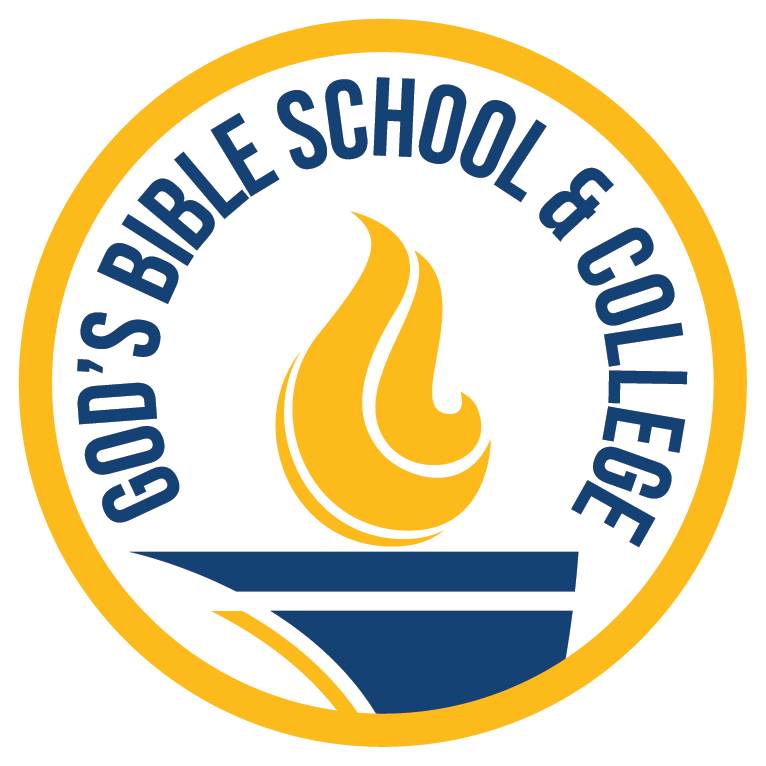New Testament Theology
BITH 611
Summary
Explore the New Testament Theology course and what you can expect to learn through the semester.
Course Overview
An investigation of the New Testament writings in order to understand their theological message.
This study of the New Testament’s theology recognizes both its diversity of expression and its fundamental conceptual unity.
Textbooks
- See the current booklist.

Professor: Dr. Stephen Smith
Assignment Overview
Video lectures (both pre-recorded and synchronous real-time interaction via Google Hangouts) and auxiliary materials will supplement the class textbooks to insure that you are adequately exposed to the necessary information.
On occasion, the professor will use a question and answer format (Socratic method) rather than lecture.
Students will write a New Testament Book Theology Paper, a presentation of the theology of one of the following NT books: Gospel of Matthew, Gospel of Luke, Acts, Romans, 1 Corinthians, Hebrews, or Revelation.
They will analyze the theology of the book they choose particularly in relation to five themes: the human problem, how the book discusses and interacts with Israel and the Old Testament, how the book conceives and portrays God/Jesus/Holy Spirit, how the book describes the answer to the human predicament, and the book’s vision of life within the Christian community.
Weekly homework assignments guide students through the various course materials and provide a space to grow in their understanding and appropriation of the components related to New Testament theology.
Readings are assigned to expose students to the course content and they will have opportunity to interact with the readings.
Intended Outcomes
Knowledge of the history, nature, and methods of New Testament theology.
Awareness of the responsibility we have to accurately handle God’s Word and interpret it to the best of our abilities.
Ability to articulate both the diversity of the theological expressions in the New Testament books and the larger canonical unity that binds them together.
Ability to apply insights from New Testament theology to your life and ministry.
Understanding of the theological story and themes of each book in the New Testament, as well as the way the messages of the individual books can be synthesized into larger sections of the New Testament.
Appreciation for the importance of continuing to grow and develop in a personal relationship with God the Father, Son, and Holy Spirit through diligent study and application of biblical theology.
Student Testimony
While studying New Testament Theology with Dr. Smith, my knowledge about the unity of theology in Scripture has increased and my appreciation for such unity has been both deepened and strengthened.
We worked through each New Testament book while noting the individual themes, then broadened our view to the themes within each genre or author, noting diversity and commonality. Finally, we looked at the unifying themes that run through the entire New Testament. During the whole process, we considered the use of Old Testament quotations and references in the New Testament which emphasize the unity of all sixty-six books.
At the end of fifteen weeks of assignments, I had a richer understanding of topics such as union with Christ, the Kingdom of God, the Lord’s Supper, and headship in the New Testament. All of these stand out in my mind because of the personal impact they had. I had been introduced to new theological questions and referred to excellent resources for further study. I had grown academically and spiritually.
— SC
